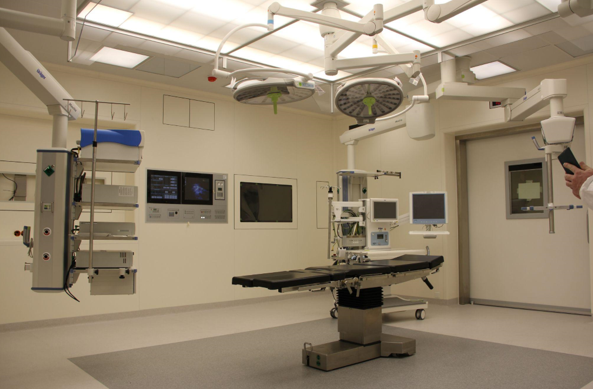Is it Safe to Have Bariatric Surgery in Mexico?
If you have tried to maintain a healthy weight and found it impossible, you may be considering weight loss surgery. You have probably seen people on social media who have been happy to share their weight loss journey following a gastric bypass or another type of weight loss surgery. With a high long-term success rate, there is no doubt bariatric weight loss surgery can help you to lose weight — and make it easier to keep weight off long term.
But what if the cost of weight loss surgery in your country makes it unaffordable?
This is a common situation, and in the US, the average cost of a gastric bypass is between $18,000 and $35,000, and the average cost of a gastric sleeve is between $10000 and $20000 In comparison, the average cost of a gastric bypass in Mexico is between $5000 and $7000, and a gastric sleeve is £4000 to $6000.
The Medical Tourism Association
Traveling from the US or any other country to Mexico for weight loss surgery is so popular there are medical tourism associations that companies can become members of to demonstrate their commitment to high standards of patient care. One of the most respected is the Medical Tourism Association (MTA).
What makes the MTA truly independent and unbiased is that it is a global non-profit association recognized by the United States government. With a focus on providing access to reputable companies that arrange access to high-quality healthcare, membership of this association is a sign of the quality of care provided by the surgeons and the facilities where they perform surgery.
12 Checks to Make When Choosing Weight Loss Surgery Abroad
Choosing a hospital or clinic in Mexico for your weight loss surgery can feel daunting. With every company stating they work with experienced surgeons and showing good patient reviews, how do you know who you can trust? One easy check is to do a reverse image search of any photos of the surgeons and the hospital, which will tell you where the photos originated from. If these photos are not legit — walk away.
Here are some other key things to check:
- All weight loss surgery is performed by board-certified surgeons with more than five years of experience performing bariatric surgery.
- Anesthesia is provided by a qualified anesthetist, who remains present during the entire procedure.
- A pre and post-operative evaluation is done, including blood tests and an electrocardiogram the day before the procedure.
- The procedure takes place in a hospital as an inpatient procedure.
- The hospital has a dedicated intensive care unit.
- The cost includes any extra care, surgery, related hospital costs, and hotel stay that may be required if there are complications, or that the provider encourages medical travel insurance if they don’t.
- Hotel accommodation is provided near the hospital for you and a companion.
- You are given a 24-hour support line through tele-health to contact the provider and team if you have any concerns when you return home.
- Ground transportation is provided from and to the airport, hotel, and hospital.
- Medical and travel documents are provided for you.
- An aftercare program, including access to a nutritionist, is available for at least five years following your weight loss surgery.
Six Questions to Ask Your Surgeon before Weight Loss Surgery
- How frequently do they perform weight loss surgery?
- When were they registered as board certified, and do they have records to prove it?
- How many years of experience do they have performing the weight loss procedure you are considering?
- What techniques and equipment do they use?
- Have they any history of malpractice cases?
- What is their rate of annual complications for the weight loss surgery you are considering?
Aftercare
Aftercare is an essential part of any surgical procedure, and knowing you will be cared for by an experienced medical team in an appropriate facility is as critical as the actual surgery. One of the most common complications following bariatric surgery is developing a post-operative surgical wound infection. If this is not treated quickly and correctly, it can result in septicemia, which can be deadly. This is why it is critical you have access to the medical team in case you need tele-health support post op.
Long-term aftercare following weight loss surgery is also an essential part of your long-term weight loss and the maintenance of your new healthy body mass index. This is why you should ensure you will be provided with a nutrition plan and dietary guidelines and that you will have access to a qualified dietician for at least five years following your procedure.
Take Away
Bariatric weight loss surgery is only successful if you adhere to the correct nutrition following the procedure. It is not risk free and should only be considered if you have already tried to lose and manage your weight through diet and exercise.








